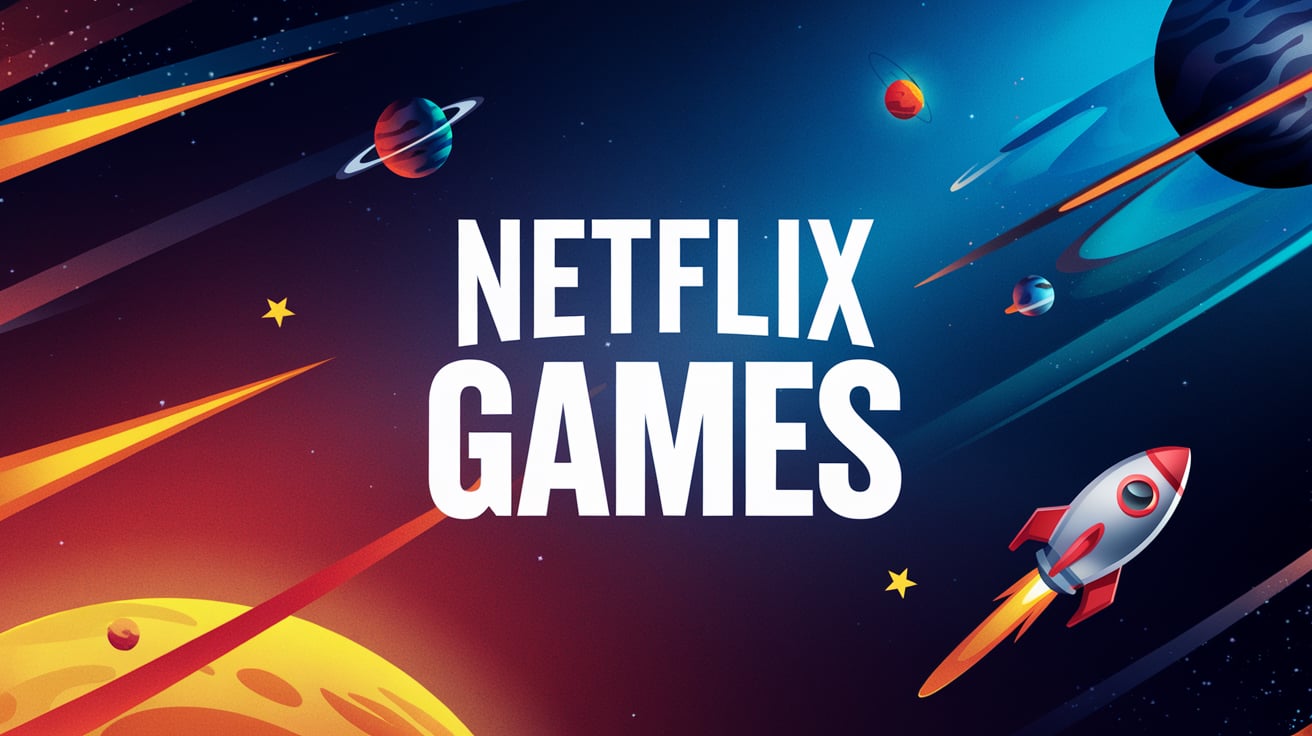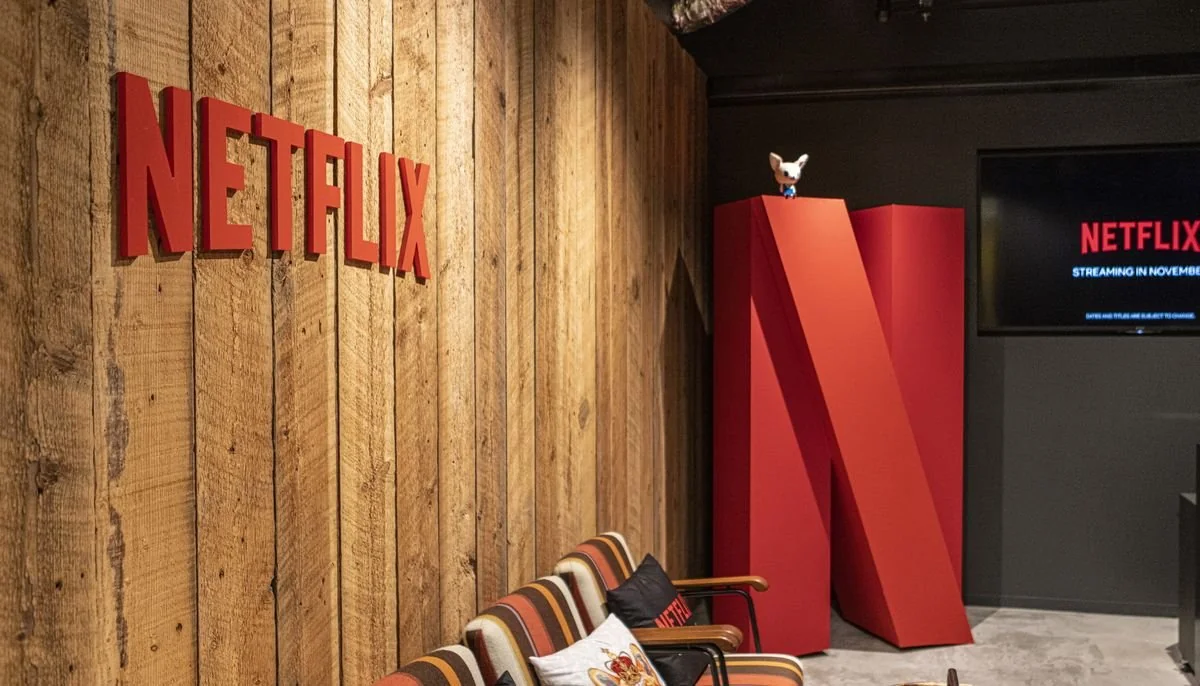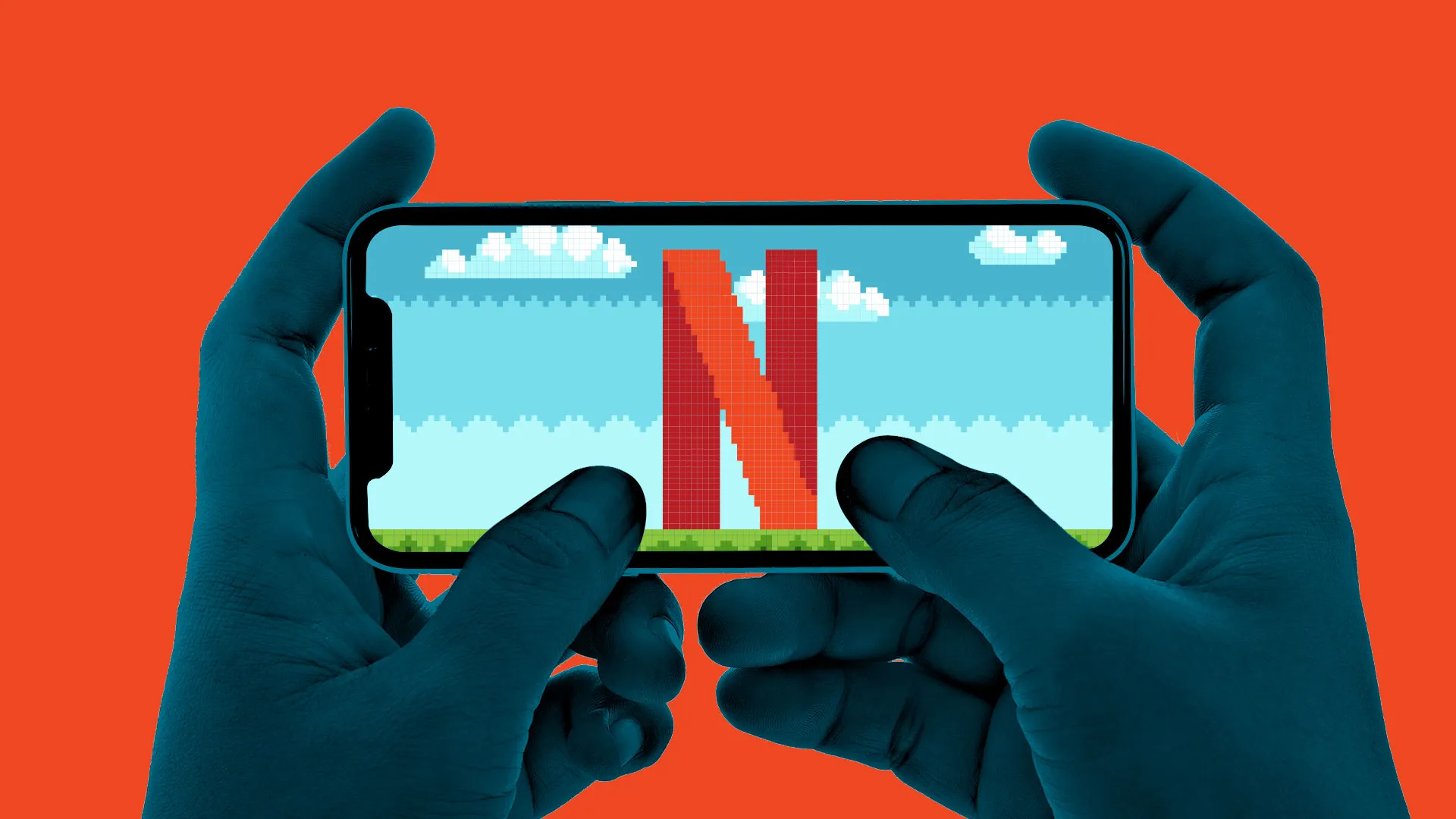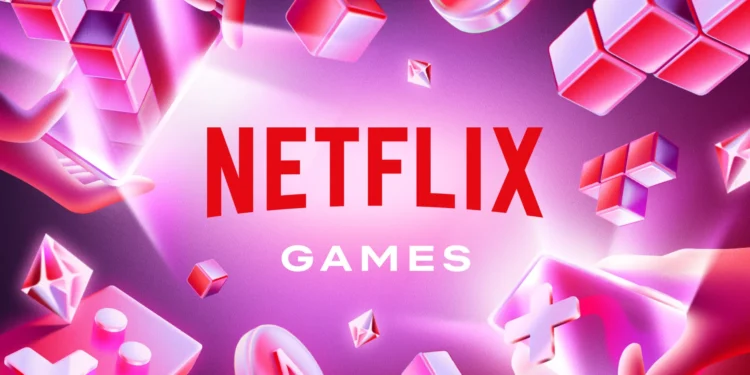In a surprising turn of events, Netflix has announced the closure of its internal gaming studio, Team Blue, which had been instrumental in spearheading its efforts to produce a high-calibre triple-A title. Based in Los Angeles, the studio, founded just a year ago in 2022, was gearing up to launch a PC game that was anticipated to showcase Netflix’s commitment to expanding its footprint in the gaming industry. However, before any productions could be unveiled, the studio was shut down, marking a significant shift in Netflix’s strategy and resulting in the loss of major industry talent.

The Rise and Fall of Team Blue
Team Blue was not just another studio; it was Netflix’s beacon in the triple-A gaming arena. With high-profile hires such as Chacko Sonny, the former executive producer of Overwatch; Joseph Staten, the creative lead behind Halo; and Rafael Grassetti of Sony Santa Monica, expectations were sky-high. These industry stalwarts were tasked with leading the studio’s ambitious projects, but according to reports from Game File, all have departed following the studio’s closure.
The studio was reportedly working on a “big-budget multi-device strategy,” hinting at an expansive game that could have crossed various platforms, potentially setting a new standard for interactive entertainment on Netflix. This move was seen as a pivotal step in Netflix’s broader strategy to diversify its offerings and engage its user base in new, interactive ways.

Broader Implications for Netflix’s Gaming Division
This closure comes amid broader layoffs within Netflix’s gaming division, reflecting a possibly restructured approach to its gaming endeavours. Despite the setback with Team Blue, Netflix still maintains other internal studios, including a newly established studio in Helsinki, alongside acquisitions such as Night School, Boss Fight, Next Games, and Spry Fox. These entities continue to develop games, suggesting that while Netflix is scaling back, it is not exiting the gaming arena entirely.

Earlier this year, Netflix’s shifting sands saw Mike Verdu transition to a new role and the introduction of Alain Tascan as the president of games. This change in leadership, coupled with a strategic pivot to a mobile-first approach as articulated by Leanne Loombe, VP of external games, signifies a recalibration of Netflix’s gaming strategy. Loombe’s remarks to the Washington Post emphasized a focus on short, “snackable” mobile games, which align with the consumption habits of Netflix’s subscriber base.
What This Means for Netflix and the Gaming Industry
The closure of Team Blue raises questions about the challenges traditional entertainment companies face when venturing into the complex and competitive gaming industry. While Netflix has seen incredible success with its streaming service, replicating this in the gaming world requires not just capital but a deep understanding of game development and market dynamics.

For the industry, the loss of a potential triple-A title from a company like Netflix could be seen as a setback. However, it also underscores the volatile nature of game development, where not all ambitious projects come to fruition. For Netflix, this might mean a more cautious approach moving forward, focusing on smaller, more manageable projects that align more closely with their core competencies and market understanding.
As the landscape of entertainment continues to evolve, the intersection of streaming and gaming will undoubtedly be an area to watch. Netflix’s foray into gaming has been a learning curve, and the closure of Team Blue is a pivotal moment in this journey. How Netflix navigates these challenges will be crucial in determining its place in the gaming industry in the years to come.










